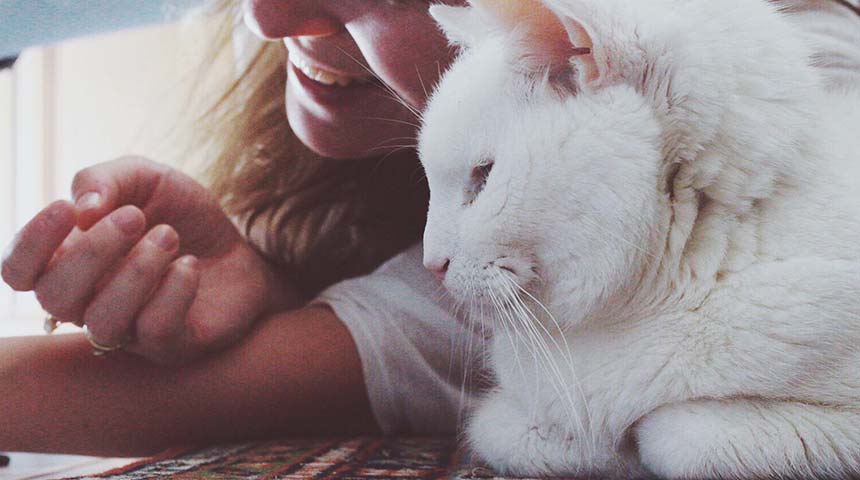
s my cat at risk of catching the feline immunodeficiency virus (FIV) and feline leukemia virus (FeLV)?
If you answer "yes" to any of these questions, your cat should be tested.
- Has your cat just recently been adopted?
- Has your cat ever been tested before?
- Does your cat spend time outside, even for short periods?
- Has your cat been exposed to another cat with an unknown status?
- Is your cat ill?
- Has your cat been bitten?
Why is it important for your cat to be given a screening test?
Because without a diagnosis, your cat cannot receive adequate treatment. Without screening tests, we cannot know if a cat is infected or not. And if the cat's status is unknown, it can be a carrier and transmit the disease to other cats.
The FIV and FeLV viruses are major causes of cat disease and death; they weaken the immune system. They are transmitted from one cat to the other and are very contagious. Often, they don’t have many apparent signs and even cats that seem to be in good health can be carriers of the infection and transmit the viruses to other cats. These viruses cannot be transmitted to humans.
The spread of FIV is usually done through biting. The spread of FeLV is done by contact with saliva or urine from an infected cat, during mutual grooming, or when they share food bowls and litter boxes. An infected mother usually infects its kittens.
Only a small blood sample is required and only a few minutes are necessary to get the results.
What are the signs?
There are no distinctive signs for these diseases; sometimes, signs do not appear for weeks or even years after the infection.
Among symptoms to watch out for, there are decrease in appetite, vomiting, diarrhea, weight loss, weakness, bite marks, infected wounds, fever, swollen lymph nodes, etc.
Your veterinarian can help you give your cat appropriate treatment. Thanks to early detection of the infection, it is possible to maintain your cat in good health and prevent transmission of these infections to other cats.

